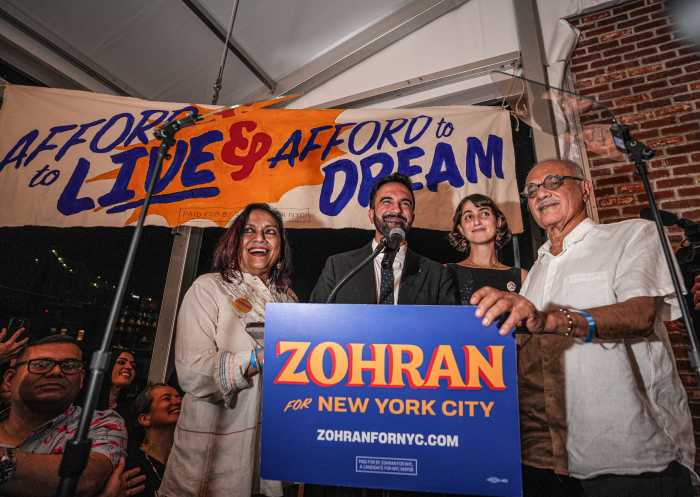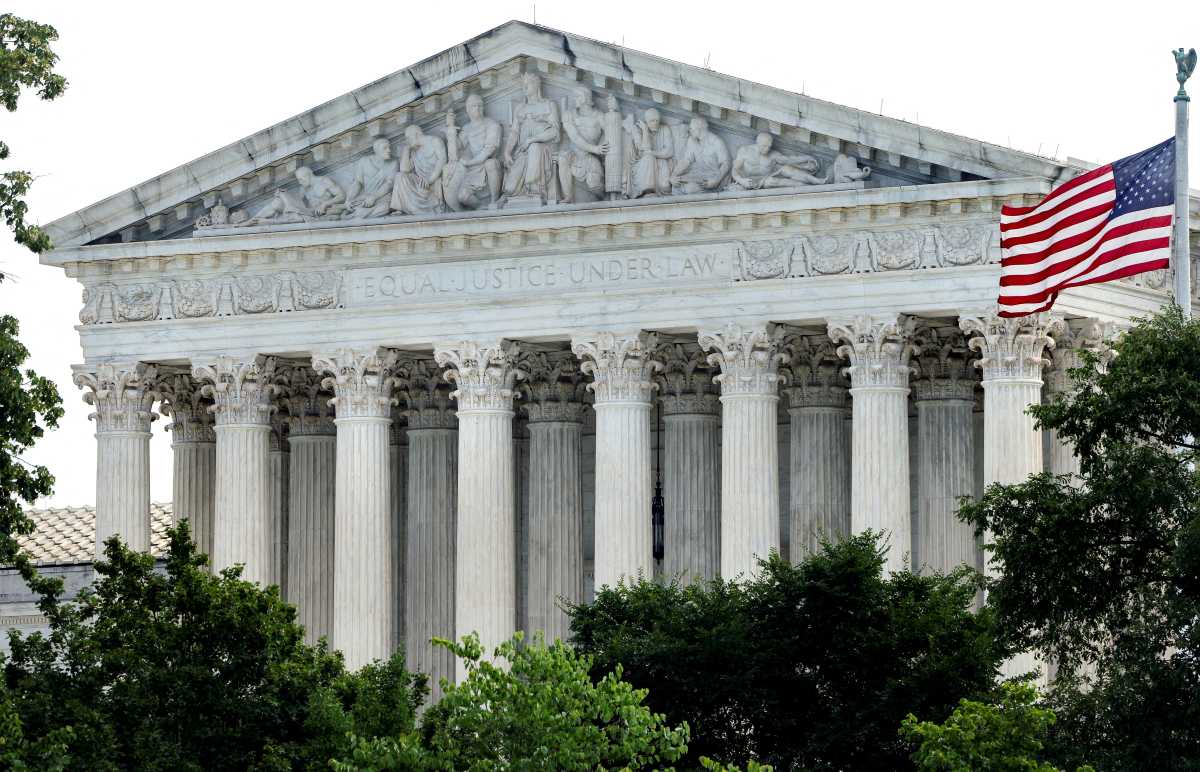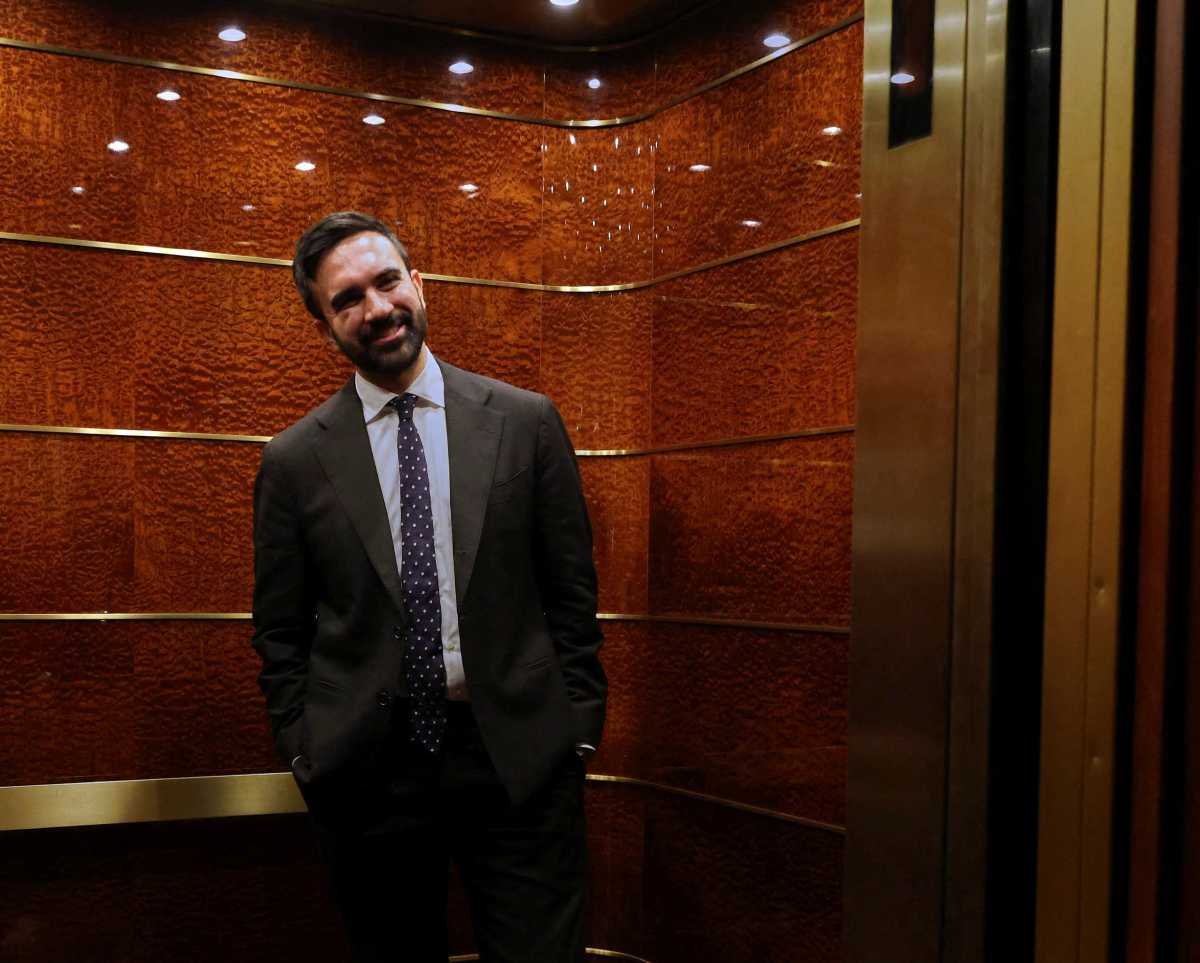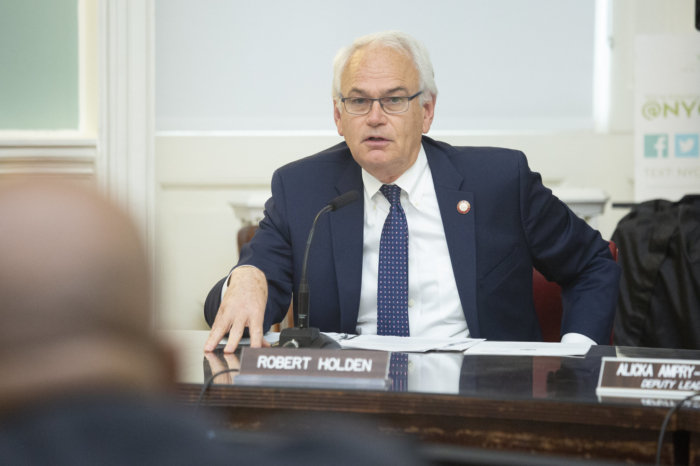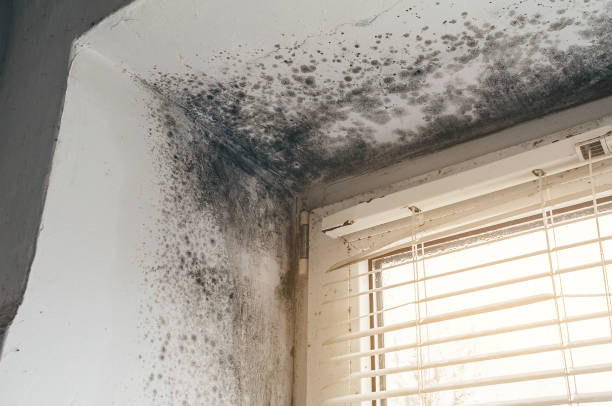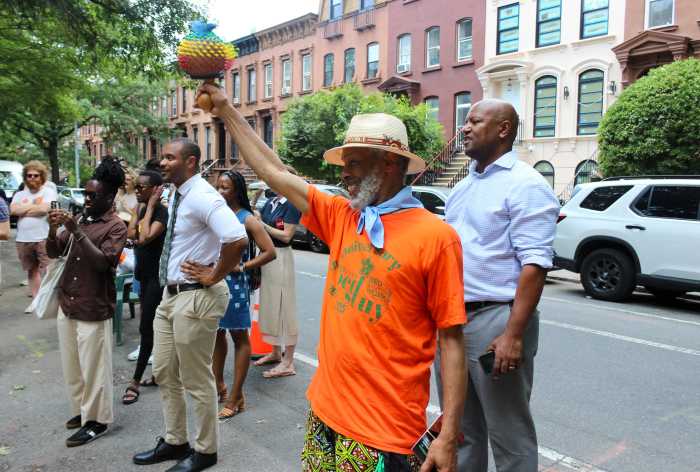There is a sickness in this country.
The law of averages does not require that dozens of people be killed in multiple mass shootings in different American cities.
But here we are. In Gilroy, California, and El Paso, Texas, and Dayton, Ohio, Americans have experienced daily life as if it were a war zone, instead of a festival, a Walmart, and a Saturday night out.
A common thread was the guns used to commit mass murder: semi-automatic weapons of war to which some Americans are wedded in a way unnatural in the rest of the world. There are too many of them. They should be subjected to far greater regulation. This is not a new problem, yet there has been a reprehensible failure to sufficiently act on the federal level, a reality that has not budged no matter what vulnerable population has been killed.
But there is a change afoot, one noted by the FBI: a rise in the threat from domestic terrorism, which includes the sickness of white nationalism. The danger goes beyond terminology: More Americans have died of domestic terrorism than international terrorism in recent years.
This sickness seems to have driven the shooter in El Paso, site of the largest of these gut-wrenching recent events. An online screed apparently posted by the suspect just before the attack decries a “Hispanic invasion” and all the usual inane garbage about whites being replaced and the supposed danger of immigrants.
This from the man who allegedly took a gun to a shopping center. He was taken into custody by authorities. El Paso, a community where Americans and immigrants of all stripes live within sight of the Mexican border, was left to bury the bodies. It is left to Americans to identify where this disaffection, this hate, came from. The shooter cited the killer from New Zealand who himself cited the American mass killer who fulfilled his racist views by murdering black worshippers in a South Carolina church in 2015. This history of fear of racial and ethnic and religious others is long, whether the site is a synagogue, mosque or church.
But the hate is being given credence by President Donald Trump himself, with his talk of infestations and invasions and keeping out people who look different. During an anti-immigrant rant at a rally in Florida in May, Trump asked rhetorically, “How do you stop these people?” Someone in the crowd shouted, “Shoot them!” Did the president frown and shut down that vile behavior? No, he made a joke. “Only in the Panhandle you can get away with that statement,” he said. People laughed.
Elsewhere in America, there were and are disaffected individuals who feel similarly and may feel vindicated by the president. When Trump dishonestly describes many in a group as rapists and murderers and more, this tragic result should not be surprising.
The president denounced the El Paso attack as “cowardice,” but that is not enough. This kind of sickness demands a wholesale revision of his behavior and outlook, and it demands soul searching by every American. There is much work to be done to understand and dispel this sickness and the way our political climate has contributed to it. The work starts now.





